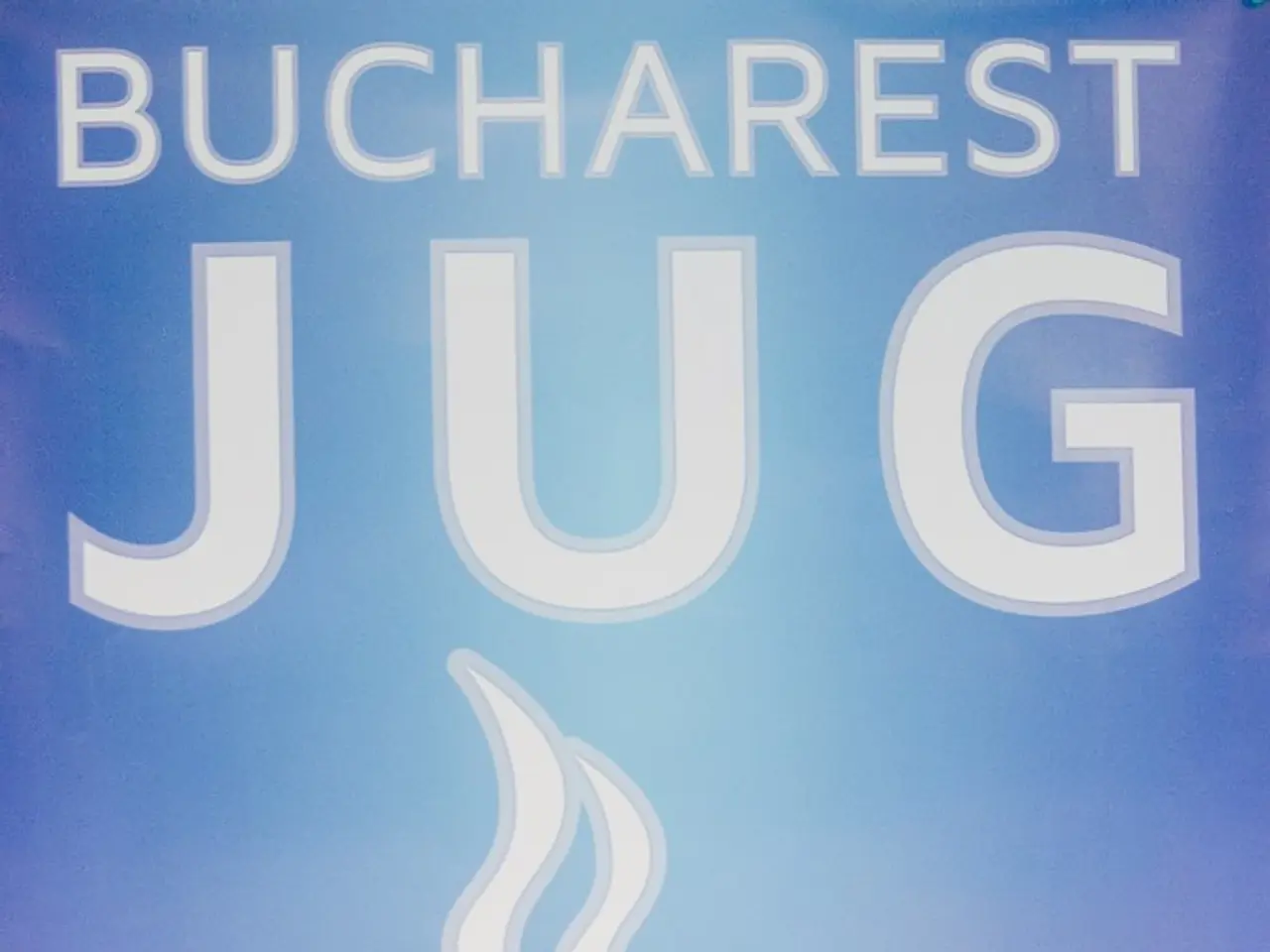Kfw reports a substantial rise in investments in start-ups - Increased Significant Investments by KfW in Start-ups
In a remarkable turn of events, the German venture capital market has witnessed a surge in funding, with start-up investments reaching an impressive €4 billion in the first half of 2025 [1]. This marks the third consecutive half-year period of rising start-up funding, a trend attributed to increased activity from both domestic and foreign investors.
Foreign capital, particularly from the United States, has been instrumental in driving this growth, with approximately €37 billion invested in German start-ups between 2020 and 2024 [1][3]. This influx of foreign investment has been crucial in bolstering the German start-up ecosystem, highlighting the international appeal of these innovative companies.
Domestic investors, including public-private partnerships like the High-Tech Gründerfonds (HTGF), have also played a vital role in the growth of the German venture capital market [2]. The HTGF, which focuses on high-potential high-tech startups, has contributed to the development of the domestic venture capital market.
This increased investment activity has led to a diversification and expansion of the German start-up scene. The number of unicorns—start-ups valued at over $1 billion—has risen to a record 32, reflecting the growing maturity and success of the sector [1][3].
The involvement of foreign investors enhances the international competitiveness of German start-ups, positioning them for global growth. This trend underscores the importance of integrating the European capital market to ensure long-term success and sustainability for start-ups [4].
Government support through initiatives like the "Future Fund" provides additional momentum, ensuring a robust ecosystem for start-ups by connecting investors and fostering growth opportunities [4]. KfW Bank Group, a key player in the venture capital market in Germany, has contributed significantly to this growth, with a total transaction volume in start-ups for the first half of 2025 reaching approximately €4 billion [1].
Despite the challenging conditions in the first half of 2025, the trend of increasing investments is encouraging, according to KfW's chief economist, Dirk Schumacher [5]. Steffen Viete, KfW's venture capital expert, stated that the high inflows into the German venture capital market reflect the quality, innovation, and growth potential of German start-ups [5].
In the second quarter of 2025 alone, there were 208 financing rounds for start-ups in Germany, with 98 of them involving a volume of one million euros or more [1]. The exact identities of the two German start-ups that joined the "unicorn club" in early May remain undisclosed [1].
Moreover, German investors have also invested €21 billion in start-ups abroad between 2020 and 2024 [6]. This segment has seen a net capital inflow of €16 billion due to foreign investments in German start-ups and German investments in foreign start-ups [6].
In conclusion, the German venture capital market is experiencing a period of unprecedented growth, with both domestic and foreign investors showing strong interest in the sector. The rise of unicorns, the increasing investments, and the government's support all point towards a vibrant and attractive hub for innovation and entrepreneurship.
- The increasing investments from foreign entities, particularly the United States, and the active participation of domestic investors like the High-Tech Gründerfonds (HTGF) indicate a need for discussions regarding Europen Union's employment policy, focusing on attracting finance for start-ups and encouraging investing in business for a stronger, sustainable, and competitive start-up ecosystem across EC countries.
- As the German venture capital market flourishes, with €4 billion in start-up investments in the first half of 2025, there is an opportunity for these start-ups to expand their business internationally and create employment opportunities, contributing significantly to the employment policy discussions within the European Union.




